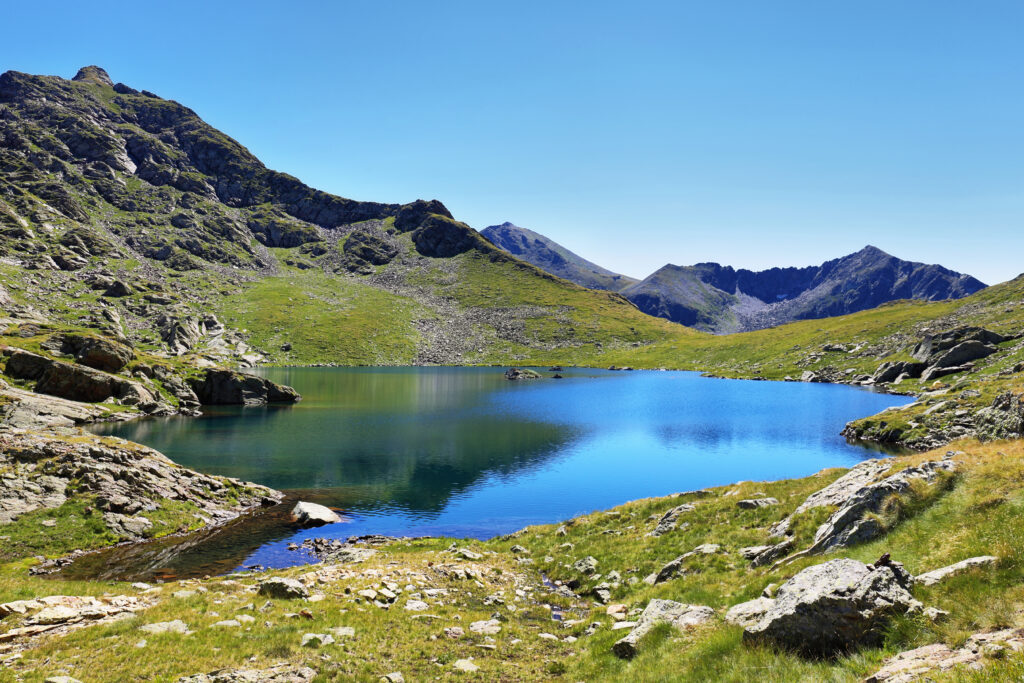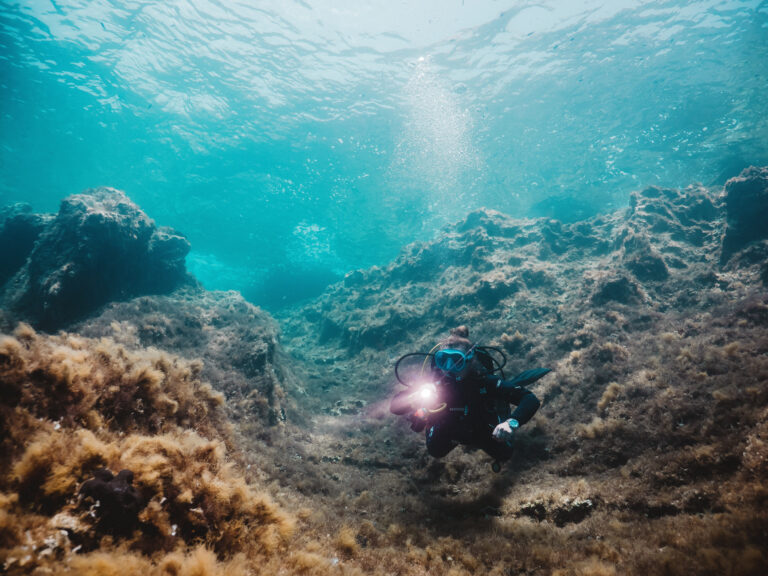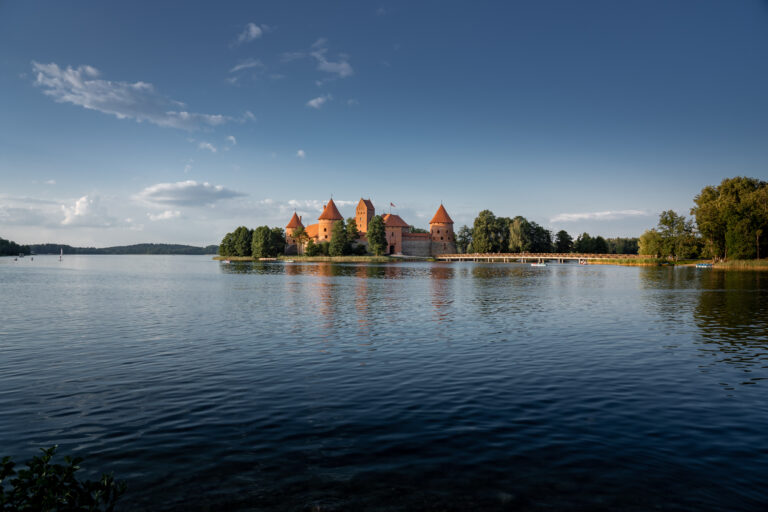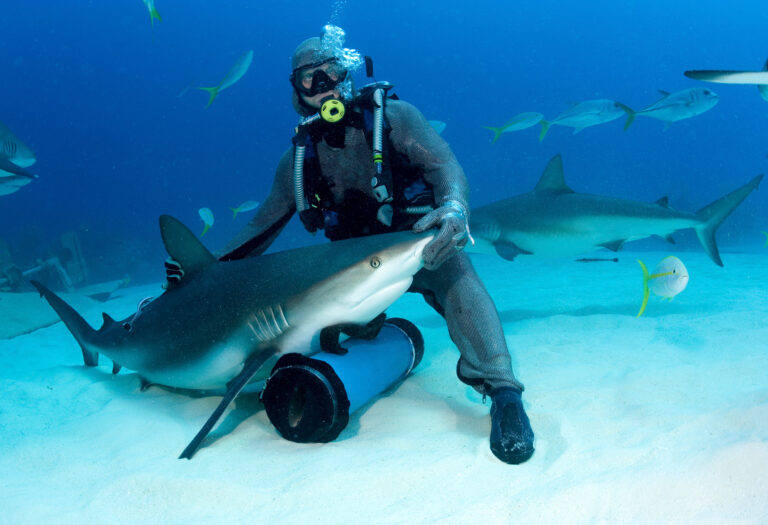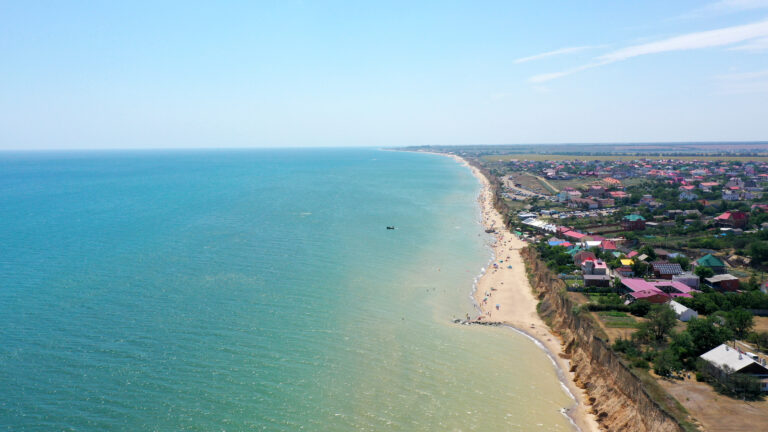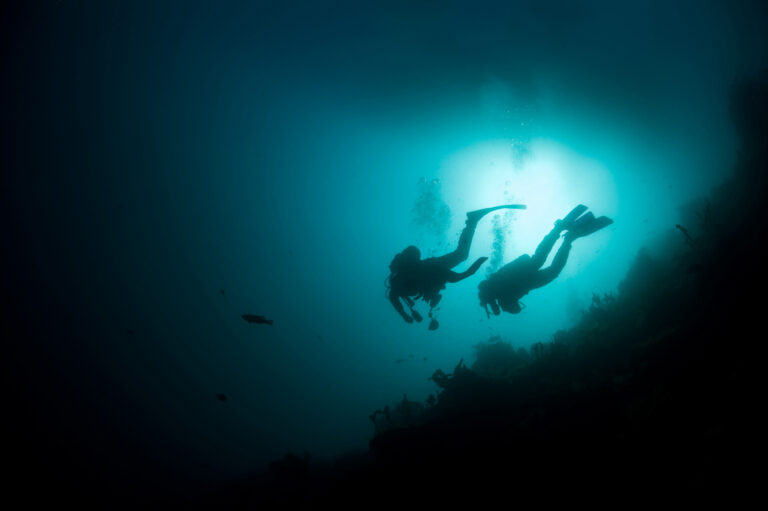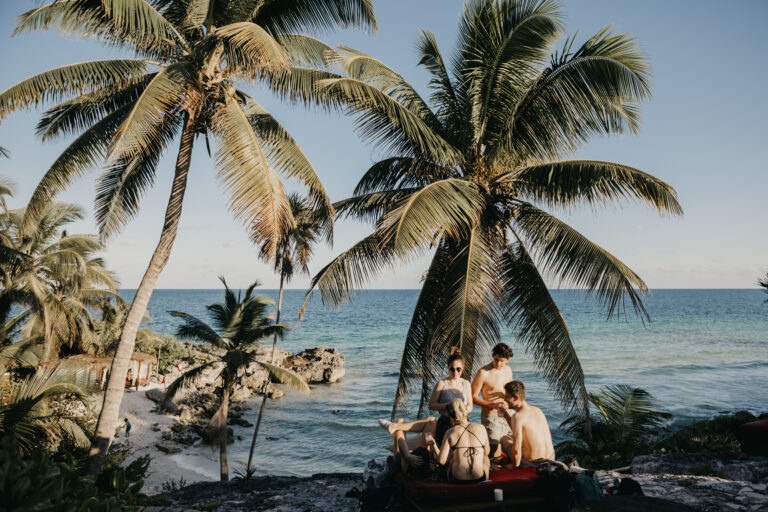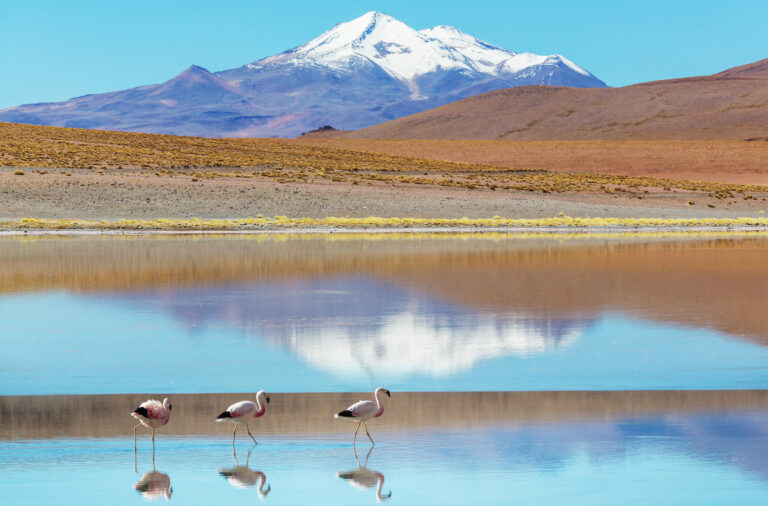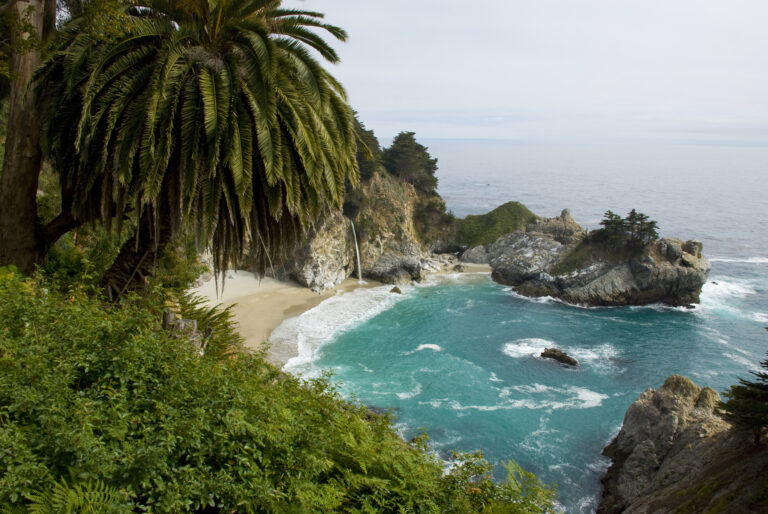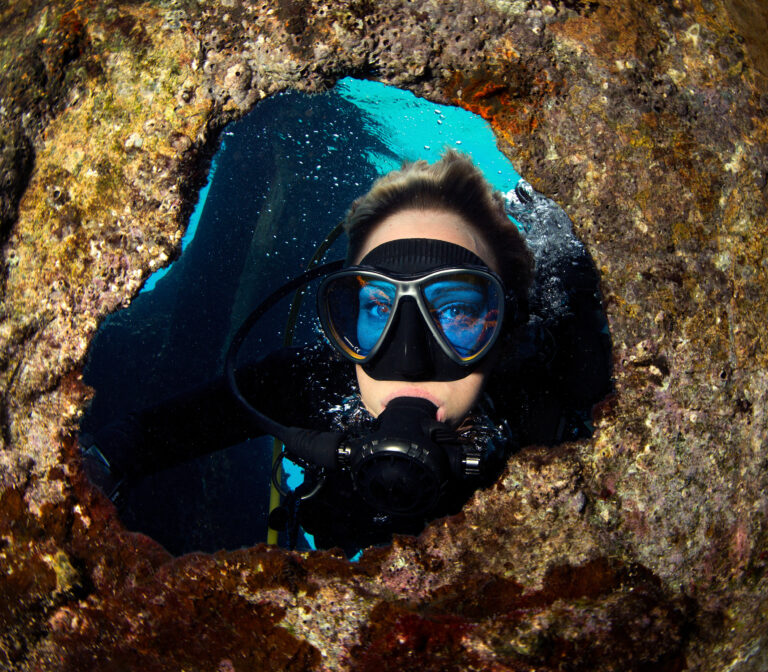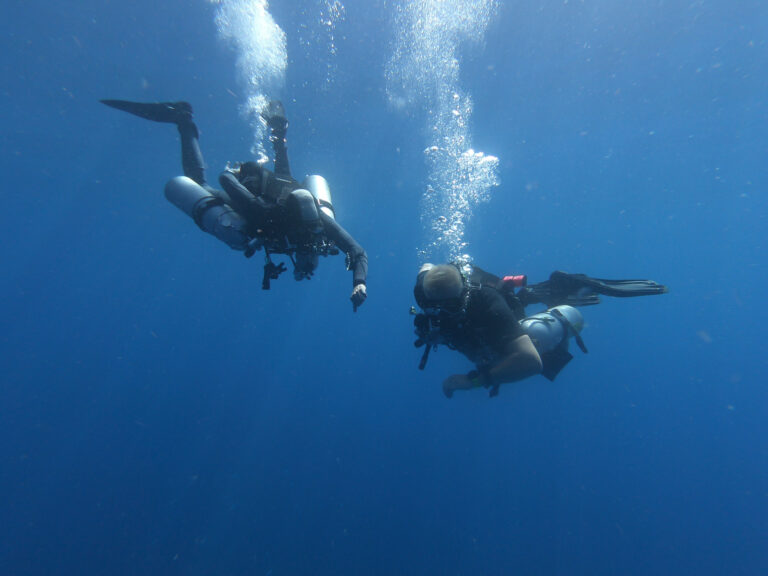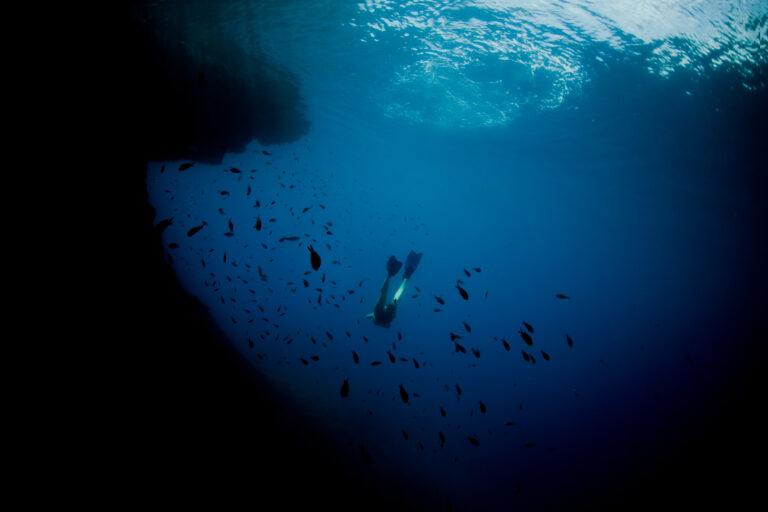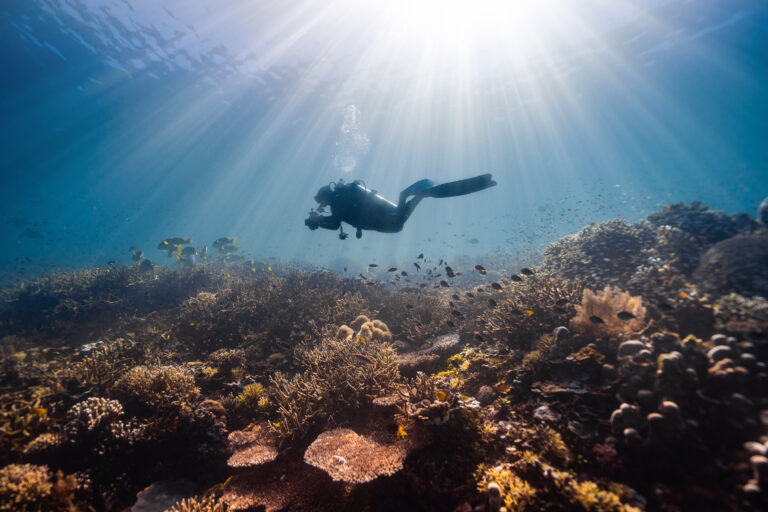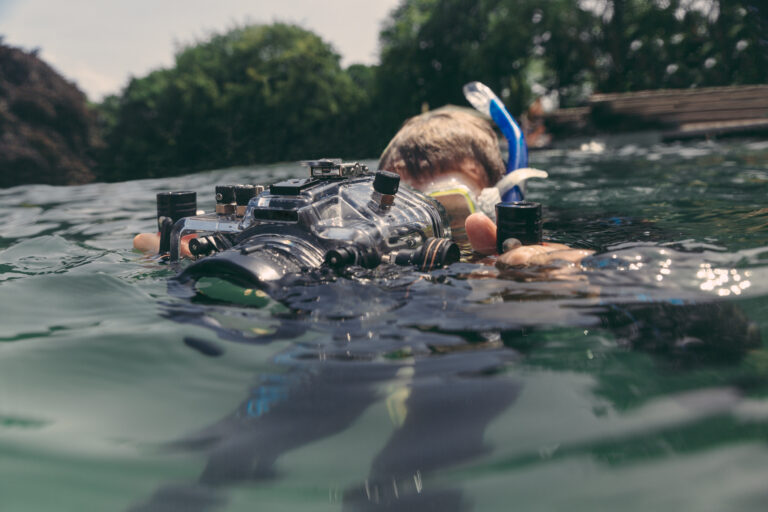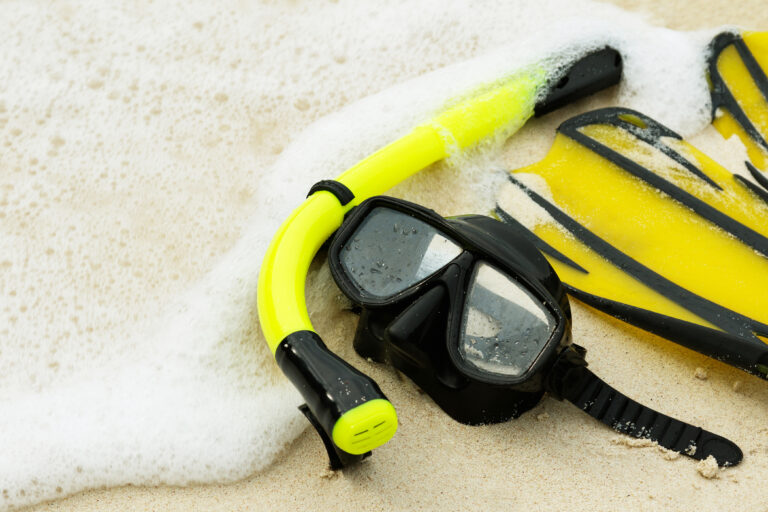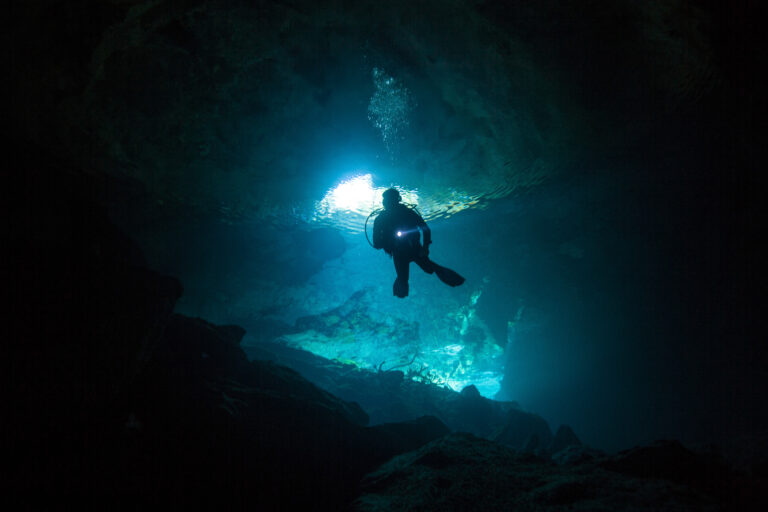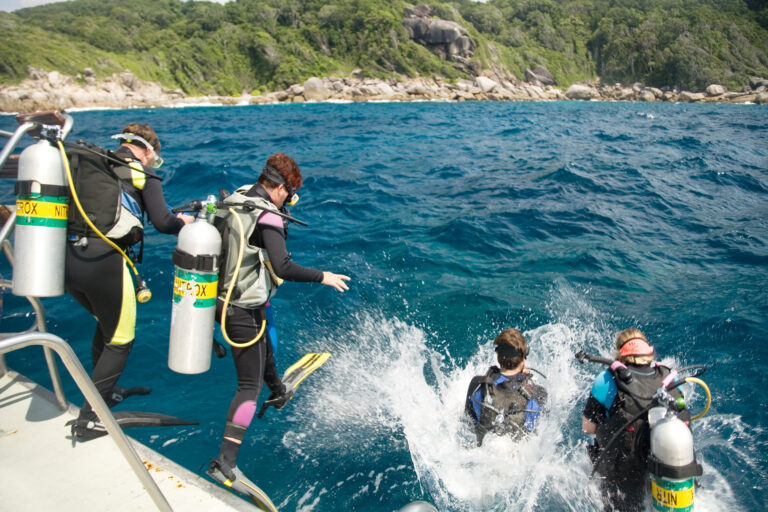SCUBA DIVERS’ TRAVEL GUIDE TO Andorra
Andorra is a hidden gem for scuba divers who love to explore the underwater wonders of mountain lakes. This tiny country, nestled between France and Spain, offers a unique diving experience in crystal-clear waters that are often frozen for most of the year. Imagine diving into a lake that is over 2000 meters above sea level, surrounded by snow-capped peaks and lush green valleys. You will discover a rich aquatic life, including trout, carp, perch, and crayfish, as well as submerged forests, rocks, and caves. Andorra is a perfect destination for adventurous divers who want to challenge themselves and enjoy the beauty of nature in a different way. Come and dive into Andorra, the land of lakes and legends.
LOCATION AND GEOGRAPHY
Andorra, a tiny, landlocked principality nestled between France and Spain in the heart of the Pyrenees mountains, is not a traditional scuba diving destination due to its geographical location. With its high altitude and mountainous terrain, Andorra is primarily known for its ski resorts and alpine activities. The country’s topography is characterized by rugged cliffs, narrow valleys, and glacial streams, with no direct access to the sea or oceanic bodies of water. However, for the adventurous diver, Andorra offers a unique opportunity to explore its freshwater mountain lakes, such as Estany de Juclà, Andorra’s largest lake, or the Tristaina lake circuit. These high-altitude dives provide a different set of challenges and experiences compared to typical sea dives, including cooler water temperatures, reduced visibility, and the need for altitude diving training. While Andorra may not be a conventional scuba diving location, it presents a niche opportunity for divers seeking to add a distinctive and unconventional dive experience to their logbooks.
VISA AND ENTRY REQUIREMENTS
Andorra, nestled in the Pyrenees between France and Spain, is a unique scuba diving destination due to its mountainous terrain. While the country itself does not have a coastline or traditional scuba diving spots, it offers high-altitude freshwater diving experiences in its lakes. As for visa and entry requirements, Andorra does not have its own airport, so visitors typically fly into neighboring France or Spain and then travel overland. Therefore, travelers must comply with the Schengen Area visa policy, as both France and Spain are Schengen member states. This means that many visitors can enter without a visa for short stays if they are from countries that have visa-exemption agreements with the Schengen Area. For those who do require a visa, it must be obtained from either the French or Spanish embassy, depending on their point of entry. Once in Schengen territory, there are no border controls between France or Spain and Andorra, making access relatively straightforward. Always check the latest visa requirements and travel advisories before planning your trip, as policies can change.
GETTING TO Andorra
Andorra, nestled in the Pyrenees mountains between France and Spain, is not a traditional scuba diving destination due to its landlocked nature and mountainous terrain. However, for those looking to combine a unique mountain experience with their passion for diving, getting to Andorra involves a scenic journey. The nearest airports are located in France (Toulouse-Blagnac Airport) and Spain (Barcelona-El Prat Airport), both roughly a three-hour drive from the country. Regular bus services, private transfers, and car rentals are available from these airports to reach Andorra. Once in Andorra, divers can explore high-altitude lakes, such as Estany de Juclar or Estany de Tristaina, which offer a rare and challenging diving experience amidst the stunning backdrop of the Pyrenees. Remember to check accessibility and local regulations, as these alpine lakes may require a hike and are subject to weather conditions.
BEST TIME TO DIVE
Andorra, nestled high in the Pyrenees mountains between France and Spain, is renowned for its stunning alpine landscapes and winter sports, rather than traditional scuba diving experiences. As a landlocked country, Andorra does not have a coastline or sea diving; however, it does offer a unique diving experience in its high-altitude lakes, such as Estany de Juclar, the largest lake in Andorra. For those interested in freshwater mountain diving, the best time to visit is during the summer months, from June to August, when the snow and ice have melted, and the water temperatures are relatively warmer, albeit still chilly. Visibility in these glacial lakes can be quite clear, offering a different perspective on the underwater world. It’s essential to note that this type of diving is more suited for experienced divers due to the altitude and temperature factors, and it’s always recommended to dive with a local guide who knows the area well.
ACCOMMODATION OPTIONS
Andorra, nestled in the Pyrenees mountains between France and Spain, is renowned for its ski resorts and stunning alpine landscapes rather than traditional scuba diving experiences. As such, accommodation options in Andorra cater primarily to mountain tourism, with a range of ski chalets, luxury spas, hotels, and apartments. However, for the adventurous diver seeking a unique underwater experience, the mountain lakes and rivers, such as Estany de Juclar or Tristaina, may offer occasional ice diving opportunities during the winter months. Divers looking to explore these frigid waters should base themselves in nearby towns like Encamp or Ordino, where cozy mountain lodges and boutique hotels provide warm, comfortable retreats after a day of extreme diving. It’s important to note that these dives are for experienced divers with appropriate training and should be arranged with specialized local guides. As Andorra does not have a coastline or traditional scuba diving industry, divers will need to bring their own gear or arrange it in advance with their guide.
DIVE OPERATORS AND DIVE SHOPS
Andorra, nestled high in the Pyrenees mountains between France and Spain, is renowned for its ski resorts and stunning alpine landscapes rather than traditional scuba diving experiences. As a landlocked country, it does not have a coastline or oceanic dive sites that you would typically seek out for scuba diving adventures. Consequently, you will not find dive operators or dive shops within Andorra that cater to ocean diving. However, for those looking to indulge in underwater activities, Andorra offers unique experiences such as ice diving in its frozen high-altitude lakes during the winter months, which is typically organized by specialized dive operators from neighboring countries or local adventure sports companies. These operators provide the necessary equipment, safety training, and guided experiences for certified divers looking to explore beneath the ice. Always ensure that you verify the credentials and safety records of any operator and that they adhere to the highest standards of dive safety and environmental responsibility.
TRANSPORTATION WITHIN Andorra
Andorra, nestled in the Pyrenees mountains between France and Spain, is renowned for its stunning alpine landscapes rather than traditional scuba diving experiences. As a landlocked country, Andorra does not offer oceanic scuba diving; however, for those seeking underwater adventures, there are mountain lakes and river settings that can provide a unique freshwater diving experience. Transportation within Andorra is primarily by road, with a well-maintained network connecting the various parishes and towns. While there is no airport or train service directly into the country, visitors can fly into neighboring countries and then take a bus or rent a car to reach Andorra. Once in Andorra, the most convenient way to travel to dive sites or to explore the rugged terrain is by car, as public transport options are limited and may not provide access to more remote lakes or rivers. It’s important to check accessibility and local regulations regarding diving in natural water bodies, as well as to ensure that you have the appropriate equipment for altitude diving.
CURRENCY AND PAYMENT METHODS
Andorra, nestled in the Pyrenees mountains between France and Spain, is not typically known for scuba diving as it is a landlocked country with no direct access to the sea. However, should you find yourself in Andorra for its mountainous adventures and wish to purchase scuba diving equipment or book a trip to nearby coastal destinations, it’s important to note that the official currency is the Euro (EUR). Most businesses in Andorra, including dive shops and travel agencies, readily accept credit and debit cards, with Visa and MasterCard being the most widely accepted. ATMs are readily available in urban areas for cash withdrawals. While some establishments might accept French or Spanish currencies, it’s not commonly practiced, and relying on euros is the best course of action. It’s also advisable to carry some cash for smaller purchases or in places that might not accept cards, especially in more remote or rural areas. Keep in mind that while Andorra is not a member of the European Union, it does have a monetary agreement to use the euro, ensuring a seamless transactional experience for those traveling from other eurozone countries.
LANGUAGE AND COMMUNICATION
Andorra, nestled in the Pyrenees mountains between France and Spain, is not a traditional scuba diving destination due to its landlocked geography and lack of natural water bodies suitable for diving. However, if you find yourself drawn to this small but culturally rich country with the desire to discuss scuba diving, you’ll primarily be using Catalan, the official language of Andorra. While Catalan is the most spoken language, many Andorrans are multilingual, with proficiency in Spanish, French, and often English, especially within the tourism sector. Communication for scuba enthusiasts in Andorra would likely revolve around planning trips to nearby coastal regions or discussing diving experiences in other parts of the world. It’s important to note that any scuba-related activities in Andorra would be confined to indoor pools or specialized training facilities, so language and communication will be key in ensuring a clear understanding of safety procedures and logistical arrangements for excursions beyond Andorran borders.
LOCAL CULTURE AND ATTRACTIONS
Andorra, nestled high in the Pyrenees mountains between France and Spain, may not be the first destination that comes to mind for scuba diving enthusiasts due to its landlocked position. However, its unique cultural tapestry and mountainous attractions offer a different kind of adventure for those visiting primarily for the alpine lakes and rivers that can provide a fresh-water diving experience. The Principality is renowned for its rich history, reflected in Romanesque churches and charming stone houses dotting the landscape. After a day of diving in the crisp mountain waters, visitors can immerse themselves in the local culture by exploring the capital, Andorra la Vella, known for its vibrant shopping scene due to tax-free status. The town of Ordino and the historic Casa de la Vall offer a glimpse into Andorran traditions and governance. For a blend of culture and nature, the Madriu-Perafita-Claror Valley, a UNESCO World Heritage site, showcases stunning scenery and pastoral lifestyle that has been preserved over centuries. While Andorra may not offer the typical coral reefs or marine life, its cultural richness and alpine beauty provide a unique backdrop for divers seeking a different kind of underwater exploration.
CULTURAL ETIQUETTE AND TIPS
Andorra, nestled in the Pyrenees mountains between France and Spain, is not a traditional scuba diving destination due to its landlocked geography and alpine environment. However, if you find yourself in this beautiful country with a desire to explore underwater activities, you might seek out high-altitude lakes or indoor facilities that offer diving experiences. When engaging with the local Andorran culture, it’s important to respect their customs and etiquette. Andorrans are known for their polite and hospitable nature, so be sure to greet them with a friendly ‘bon dia’ (good day in Catalan, the official language) and a handshake. As a visitor, showing interest in their local traditions and history is appreciated, and it’s courteous to ask permission before taking photos of people or private property. While tipping is not mandatory, it is customary to round up the bill or leave a small gratuity for good service. Since Andorra is a blend of French and Spanish cultures, being aware of and sensitive to both influences will enhance your interactions and experiences in this unique principality.
LOCAL LAWS AND REGULATIONS RELEVANT TO TOURISTS
Andorra, nestled in the Pyrenees mountains between France and Spain, is not a traditional scuba diving destination due to its landlocked nature and absence of natural sea or ocean access. However, if you’re looking to dive in Andorra, you would likely be exploring high-altitude lakes or engaging in ice diving during the winter months. It’s crucial for tourists to be aware that any such activities are subject to local environmental laws designed to protect the delicate mountain ecosystems. Divers should ensure they have the appropriate permits for lake diving, as these may be required by local authorities. Additionally, given the specialized nature of high-altitude and ice diving, certification from recognized diving organizations, along with a guide familiar with the local regulations and conditions, is essential for safety and legal compliance. Always check with Andorra’s tourism board or local dive shops for the most current information on regulations, restrictions, and necessary precautions before planning your dive.
SAFETY TIPS AND EMERGENCY CONTACTS
Andorra, nestled in the Pyrenees mountains between France and Spain, is not a traditional scuba diving destination due to its landlocked nature and absence of natural sea or ocean waters. However, for those seeking to dive in its high-altitude lakes or engage in ice diving during the winter months, safety is paramount. Divers should be acclimatized to the altitude before attempting any dives, as the reduced atmospheric pressure can affect buoyancy and the body’s response to decompression. It is essential to dive with a reputable, certified guide who is familiar with the unique conditions of the region. Divers should ensure that their insurance covers high-altitude and ice diving, and they must carry a complete set of well-maintained, cold-water diving gear. In case of an emergency, it is crucial to have the contact information for the nearest hyperbaric chamber, which is likely to be outside of Andorra, and to know the procedures for evacuation. Local emergency services can be reached by dialing 112, and it is advisable to inform them of your dive plans in advance. Always dive within your limits, follow safe diving practices, and be prepared for the unexpected to ensure a safe and enjoyable experience in Andorra’s unique underwater environments.
HEALTH AND TRAVEL INSURANCE
While Andorra may not be the first destination that comes to mind for scuba diving, given its landlocked position in the Pyrenees between France and Spain, it’s important to note that any travel guide covering health and travel insurance for scuba diving here would focus on the broader aspects of adventure sports coverage. Visitors planning to engage in scuba diving in Andorra’s high-altitude lakes or participate in any water sports activities should ensure their travel insurance includes coverage for high-altitude diving and potential hyperbaric treatment. Since Andorra has limited medical facilities, divers must be aware that serious diving-related injuries might require transportation to larger hospitals in neighboring countries, which can be costly. Therefore, a comprehensive travel insurance policy that covers medical evacuation and repatriation is essential. Additionally, divers should verify that their policy includes coverage for the specific altitudes at which they will be diving, as traditional scuba diving insurance may not cover high-altitude dives without additional provisions.

